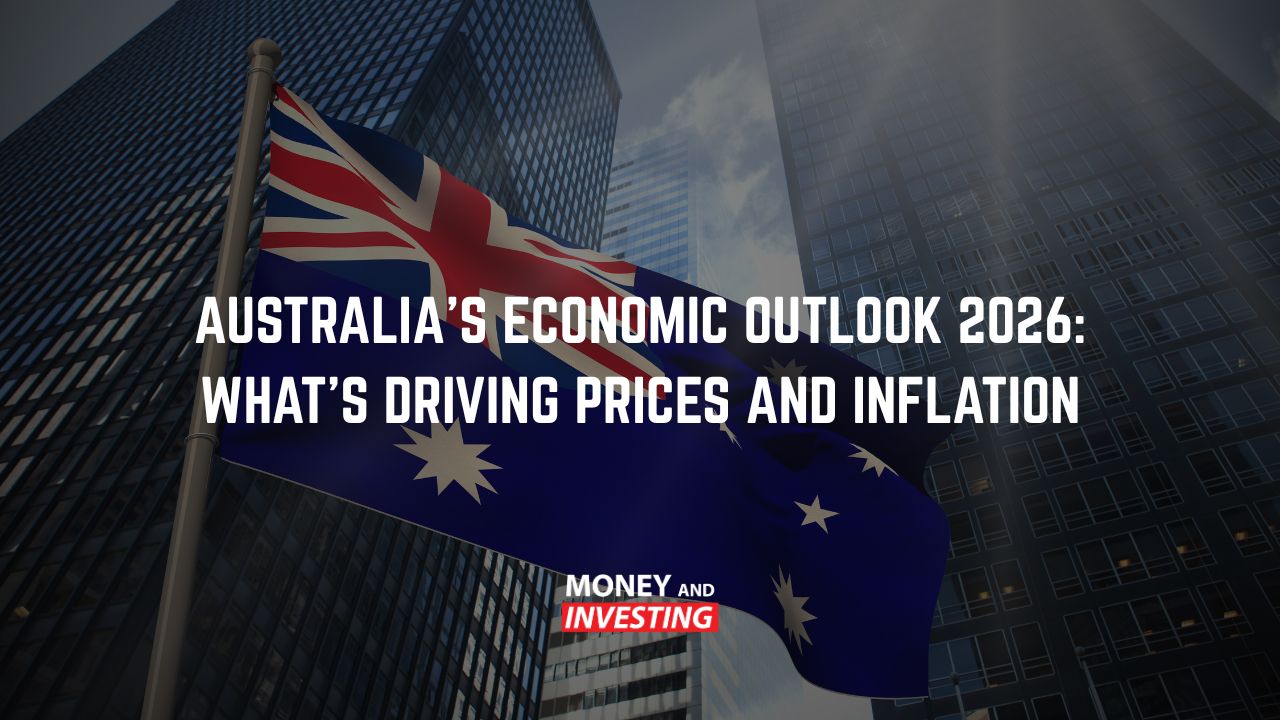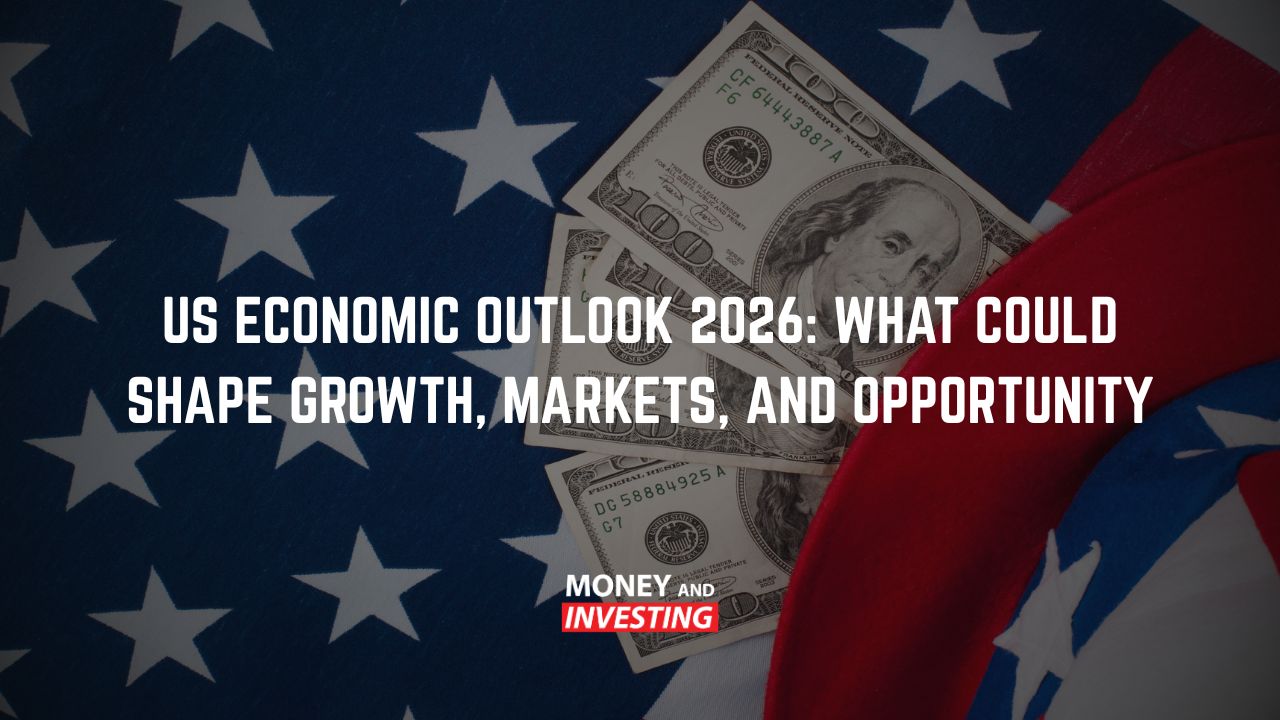As we delve deeper into the Coronavirus Pandemic recession. The need for sustainable economic policy and legislation is pivotal. With ever changing policies such as the early access to Superannuation or the legislated increase in mandatory employer contribution. This leaves us with a double-edged sword and awfully confused as to where we’re headed. Here are the three biggest talking points regarding Superannuation right now.
Early access to Super – is it being well spent?
In spirit, the government has tried to create beneficial policies. To help those in need put food on the table during these challenging times. Specifically, this came with the ability to early access your super. As one of the three main headlines surrounding super. This caused an awful lot of controversy due to where this money is being spent. If you haven’t already heard. Aussies are now able to withdraw $10k from their super last financial year and a further $10k this financial year.
Interestingly enough, as host, Andrew Baxter explains. This money is being used for all the wrong reasons. The majority of this money being spent on electronics, homeware, 4WD accessories, and camping equipment. Are these funds being well spent? Most likely not.
Additionally, the main issue comes at retirement. When there is little left in your nest egg and now more of a reliance on the state pension. Currently, there is no legislation against ‘double dipping’. As you can withdraw your super now, but still receive a full pension when you retire.
Super contribution from employers on the rise
As every employee knows the current mandatory employer contribution to super sits at 9.5% of your wage. Now, the government has passed legislation. That states that over the next 3 years this will increase to a whopping 12.5% contribution from employers.
Great for employees, but probably not the best time to be increasing employer expenses, right? Despite the dire environment in which we operate amidst the coronavirus, the Labour party insists on this policy coming into effect immediately.
As host, Andrew Baxter states, we have varied so far from the Keating Governments’ origins of super. Which was initially suppose to 3% from each employee, the employer, and the government. Now, the onus wholeheartedly relies on the employer in already challenging times making it all the more difficult to keep people in jobs.
Employers are now force to cut staff in order to make up for the short-fall in business cash flow. Increasing unemployment and thus the reliance on government stimulus. It a vicious cycle to say the least.
Salary sacrifice short-falls
The idea of the salary sacrifice scheme is to provide everyone with a better-quality nest egg for when they retire – this comes with the allowance of a maximum of $25k per financial year that you can put into your super, tax-free.
Despite the mandatory employer contribution rising by nearly 30%, we have seen nothing but the maximum salary sacrifice amount decline over the years. Say for example you are a high-flying executive or CEO pulling down $600-700k per year, putting $25k into your super each year is the equivalent of a week’s wage.
Dialing this back to a more modest level – most Australians, due to such a small salary sacrifice amount, are going to end up more reliant on the government’s purse rather than on their own dough. Host Andrew Baxter claims that this kind of policy, amongst others, is way too ancient for the current environment and there needs to be an overhaul of the current legislation.
As the whole notion of Superannuation is to allow Aussies to provide for themselves in retirement, making the rules more succinct but more flexible will ensure our economy remains up-right and healthy. Less political bickering, more movement towards a brighter future.



